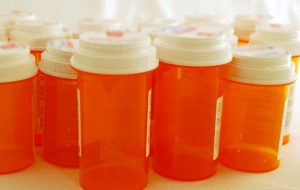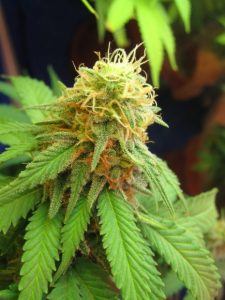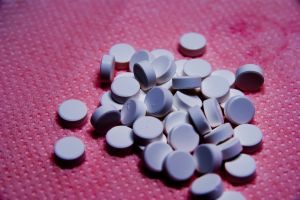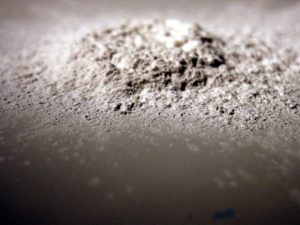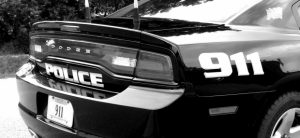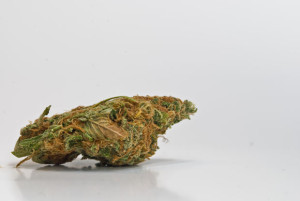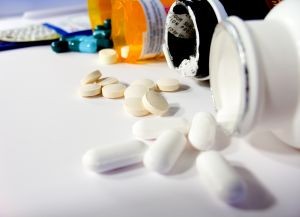Drivers in states where marijuana is legal cannot be pulled over in other states by cops who make assumptions based on solely on the origin of the license plate. That’s according to a ruling by federal justices with the U.S. Court of Appeal for the Tenth Circuit. 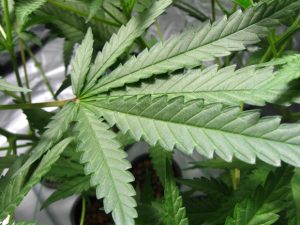
Mind you, this ruling – Vasquez v. Lewis and Jimerson – is technically only applicable in the Tenth Circuit, which covers the six states of Oklahoma, Kansas, New Mexico, Colorado, Wyoming, and Utah, plus those portions of the Yellowstone National Park extending into Montana and Idaho. However, given that this is not an issue that has arisen at this level in other jurisdictions, it’s likely to have set a clear precedent on the constitutionality of such practices. Some have referred to policing in this manner as, “license plate profiling.”
It’s not as major of a problem here in Florida because not many other nearby states have allowed legal marijuana, even for medicinal purposes. But that’s not to say someone traveling from Washington or Colorado might not get the side eye from law enforcement here. Based on the reasoning of the 10th Circuit, this is wrong. Continue reading
 Fort Lauderdale Criminal Attorney Blog
Fort Lauderdale Criminal Attorney Blog


